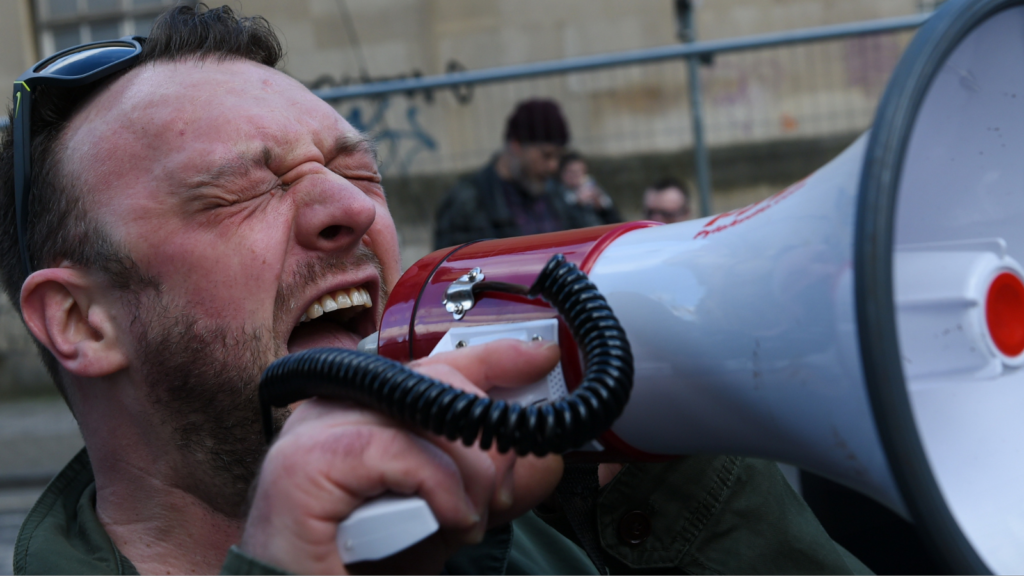We’ve all caught ourselves saying something without thinking about it, but sometimes, the words we say can actually be more racist than we realize. Here are 18 common phrases that many people use but don’t realize they’re actually quite racist. We’re not telling you that you can’t use them, just that you might want to know their real meanings first.
“Spirit Animal”

Do you think you’ve found your “spirit animal“ in a slice of pizza or a snoozing cat? While it’s a fun way to express your love for something, remember that it’s quite a respected term in many indigenous cultures. Instead of borrowing this sacred phrase, you’re better off just saying you’re obsessed with something because it still conveys your point.
“Powwow”
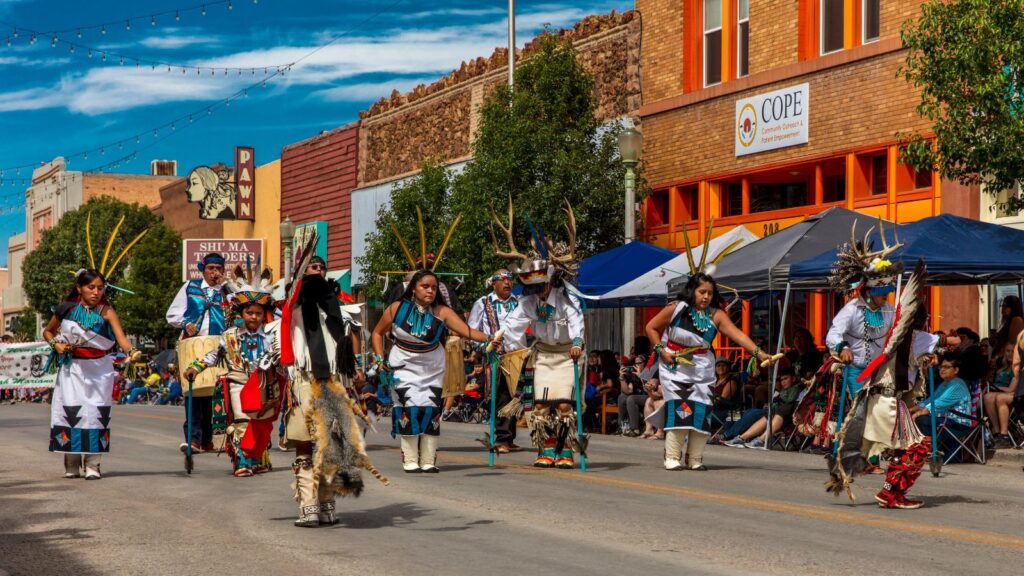
Some people call a quick team meeting a “powwow,” but this term actually refers to a meaningful cultural ceremony for Native Americans. When we use it for everyday meetings, it diminishes its real importance. Let’s stick with calling it a “meeting” or a “get-together” so that we’re not disrespecting anybody’s culture.
“Cracker”

“Cracker” is an old insult towards white people that has connections to the days of slaveowners and whip cracks. It’s a term that’s better left out of our conversation, as there’s no need to criticize someone based on the color of their skin. “Cracker” should stay in the snack aisle and not be an insult.
“Eskimo”
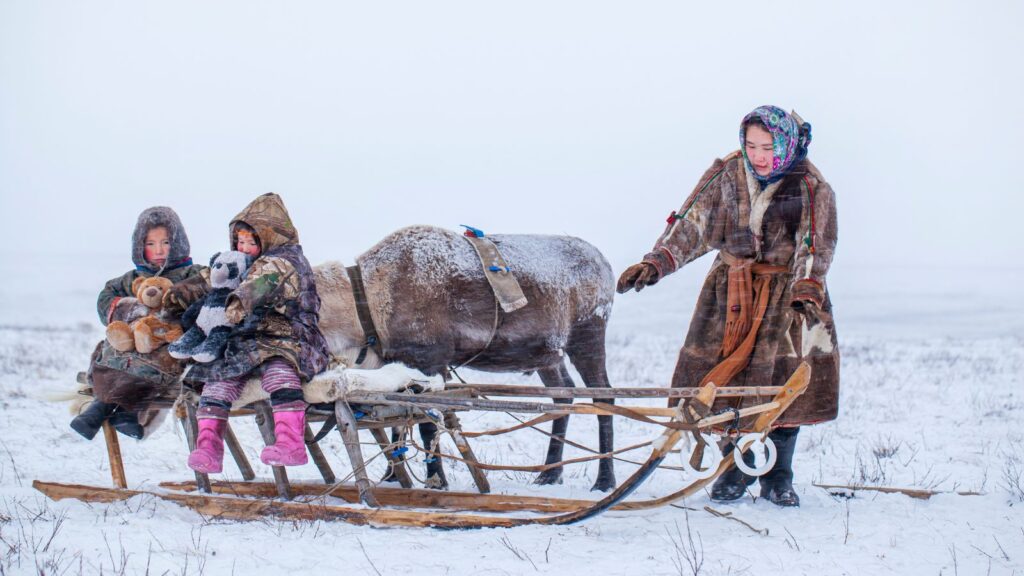
Some people use “Eskimo” to describe Indigenous peoples in the Arctic, but many of these people see it as a racist term. Non-native explorers and settlers gave them this name, even though they preferred being called the “Inuit” people. After all, that’s what many Indigenous Arctic peoples call themselves, so let’s use that one instead.
“Ghetto”
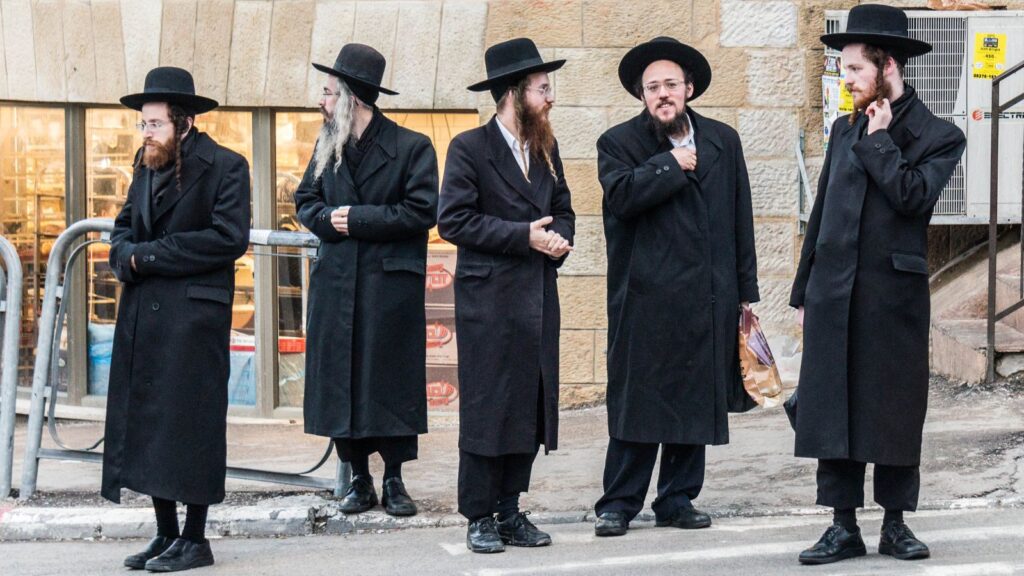
Describing a place as a “ghetto” is pretty much always negative, as it suggests a place with lots of poverty and crime. It originally referred to areas where people forced Jewish people to live, and using this word today can sometimes come across as a little anti-Semitic. Perhaps you should just describe the specifics of the place instead of labeling it in a particular way.
“Tipping Point”
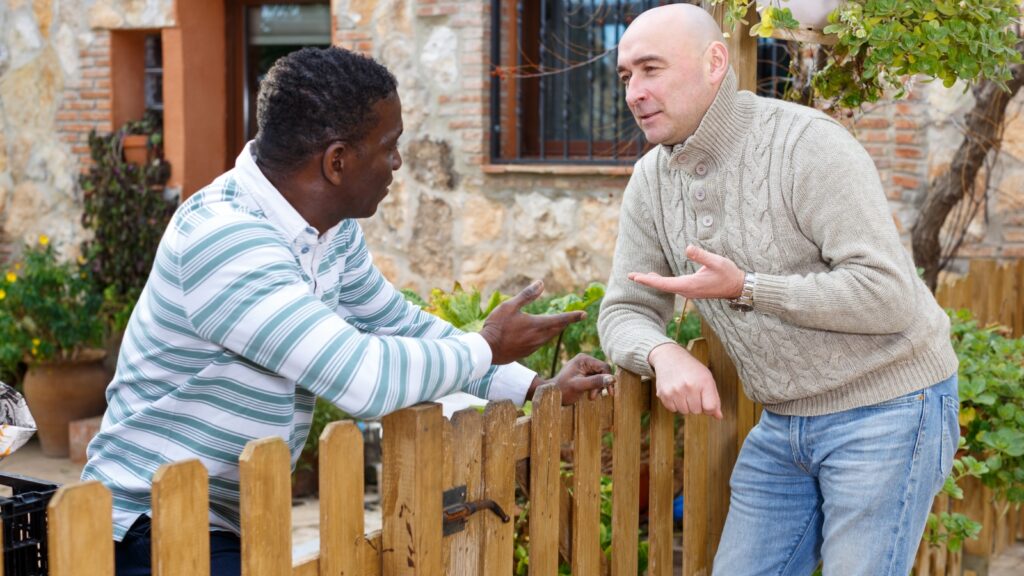
While we use “tipping point” today to describe an important moment, it has some pretty dark origins. The word was used to refer to the point where white residents would move out of a neighborhood because more Black residents moved in. Even though it’s not racist today, it does have some racially charged history, so maybe just say “turning point” instead.
“Voodoo”

Some people use “voodoo” to describe something untrustworthy, like “voodoo economics.” But the truth is that voodoo is a legitimate religion that many people practice, particularly in Haiti. Misusing the word encourages misunderstanding and stereotypes, so we should use words like “unreliable” or “unsound” when that’s what we really mean.
“Third World”
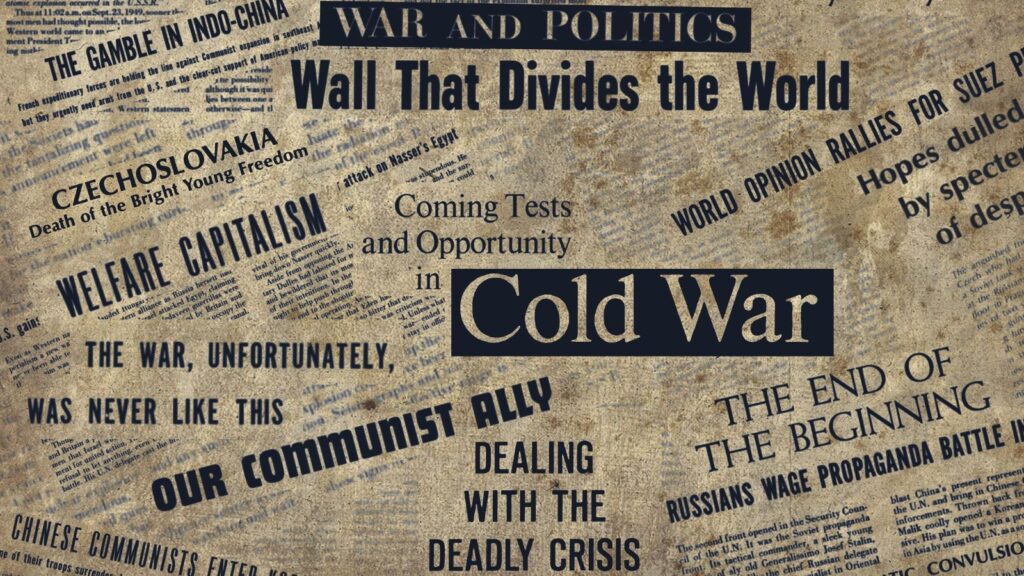
We use “third world” to talk about countries struggling with huge poverty problems or not as developed economically. Unfortunately, it’s not just a word to classify these countries, as it comes from the Cold War era of language. People ranked countries based on their political alignment or development with this language, meaning that “third world” is much more loaded than you might think.
“Barbarian”

Calling someone a “barbarian” feels like saying they’re just a bit wild, but it’s not that simple. Many millennia ago, if you weren’t Greek or Roman, you were a “barbarian,” meaning you weren’t quite as good as others. Essentially, calling someone a “barbarian” means you dislike them simply because they’re foreign, and that’s plain wrong.
“Oriental”

Using “Oriental” to describe people or things from East Asia is a huge mistake these days. It’s a relic of the times when Western people saw Eastern cultures as exotic and not quite equal to them. We should be more respectful by being specific, like using “Chinese,” “Japanese,” or “Asian” when we’re talking about regions.
“Coolie”

You may have heard someone use the term “coolie,” which is a term that people use to describe laborers from Asia in a racist way. The word isn’t simply old-fashioned but actually downright disrespectful because it reduces people to mere labor status just because of their background. Let’s just call people by their jobs or names without these labels.
“Welfare Queen”

In the ’70s, people used the term “welfare queen” quite a lot back, and it wasn’t exactly kind. They’d use it to stereotype African American women as being poor or relying on government assistance, and you don’t need us to tell you why that’s bad. We’ve got enough drama without contributing to stereotypes, so let’s not use this one.
“Banana”

Even though you may think calling someone a “banana” is just a little silly, it’s actually quite a nasty term. This word is slang for someone who’s Asian on the outside but has more Westernized mannerisms or behavior. As you might expect, “banana” judges people on the color of their skin by assuming they’re meant to act in a particular way.
“Uncle Tom”

“Uncle Tom“ comes from the book Uncle Tom’s Cabin and is now used to describe a person of color who’s seen as too friendly or like a servant to white folks. It’s a complicated term, but we can all agree that criticizing people for being kind to others is wrong. We’re all in this together.
“Savage”
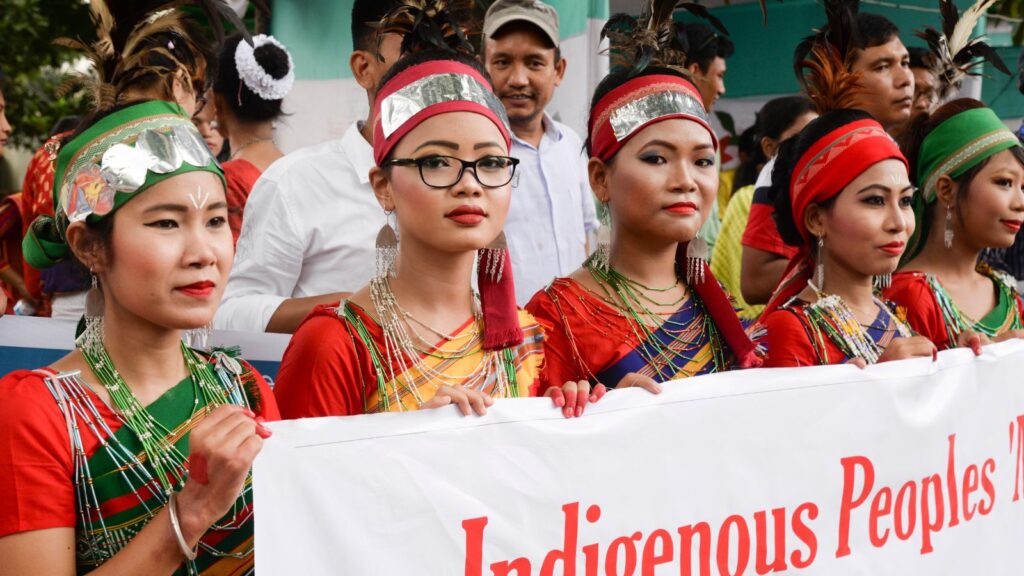
Although “savage” might sound cool in a wild kind of way, sadly, it has a darker side to it. White people used it to suggest that indigenous peoples were less civilized than them, which meant they could justify treating them unfairly. Let’s just use “fierce” or “intense” instead to skip the historical drama.
“Yellow Peril”

Any term referring to people’s skin color is usually racist, and “Yellow Peril” is one of them. It’s a word people use to create fear about East Asians, and it’s loaded with stereotypes. Some people actually used it to support exclusionary policies and discrimination towards East Asian people, which is why this word has no place today.
“Redskin”
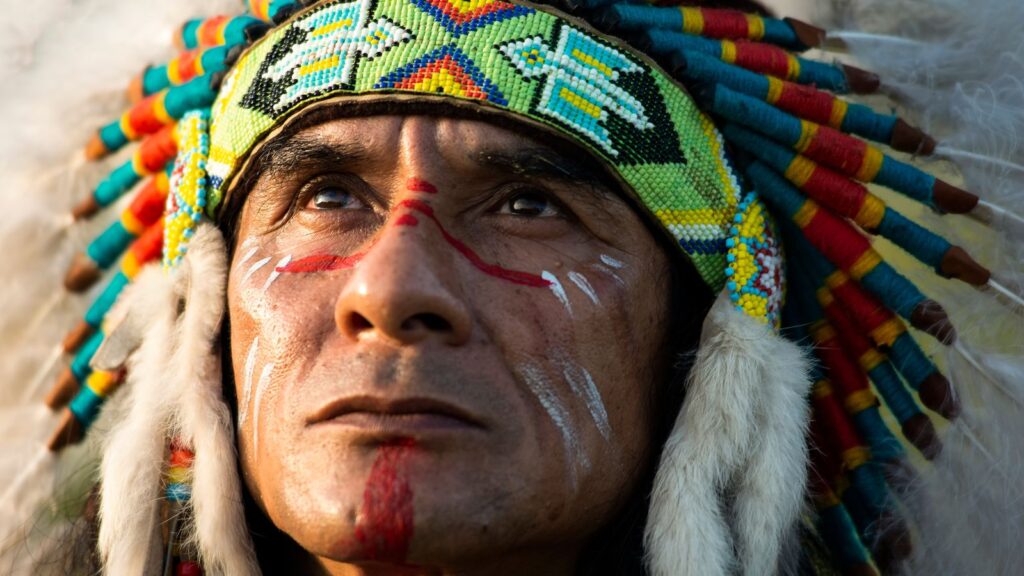
“Redskin” used to refer to Native Americans in a way that wasn’t exactly kind or respectful, as reducing someone to their skin color just isn’t right. The word has a history of dehumanizing Native Americans and does nothing except encourage harm and division. It’s one of those terms we’re all better off forgetting.
“White Trash”
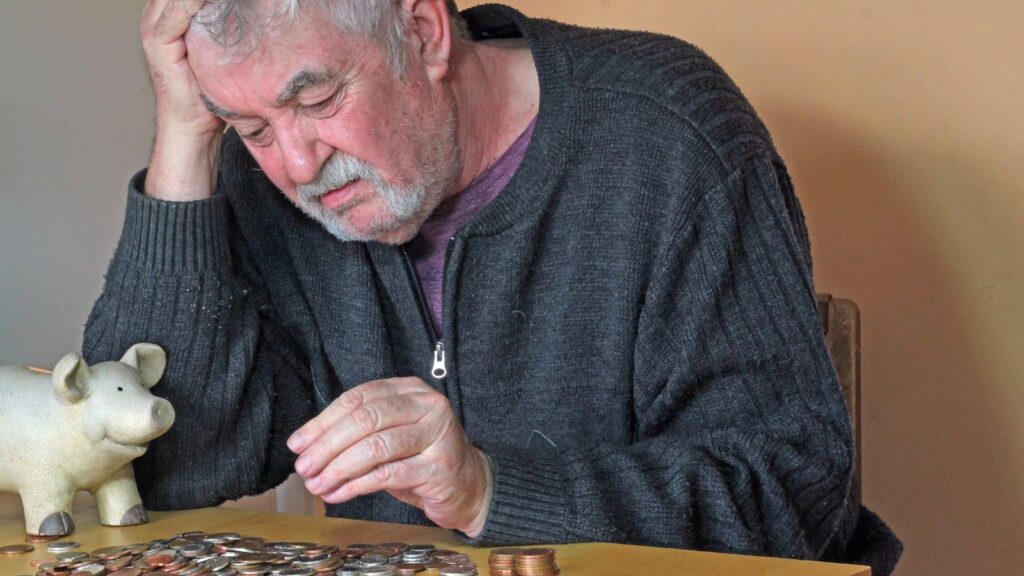
“White trash“ is a double whammy because it criticizes someone’s race and class. It’s an ugly way to talk about poor white people, and it’s just as nasty as any racial slur, which is why we shouldn’t use it. People can’t exactly help their socioeconomic status or race, so why are you making fun of them?
19 Grim Realities of Dating After 50 That Are Often Overlooked

19 Grim Realities of Dating After 50 That Are Often Overlooked
26 Things That Will Be Extinct Because Millennials Refuse to Buy Them

26 Things That Will Be Extinct Because Millennials Refuse to Buy Them
24 Outdated Slang Terms You Absolutely Shouldn’t Be Using Anymore

24 Outdated Slang Terms You Absolutely Shouldn’t Be Using Anymore
25 Hardest Parts About Getting Older That No One Ever Talks About

25 Hardest Parts About Getting Older That No One Ever Talks About

